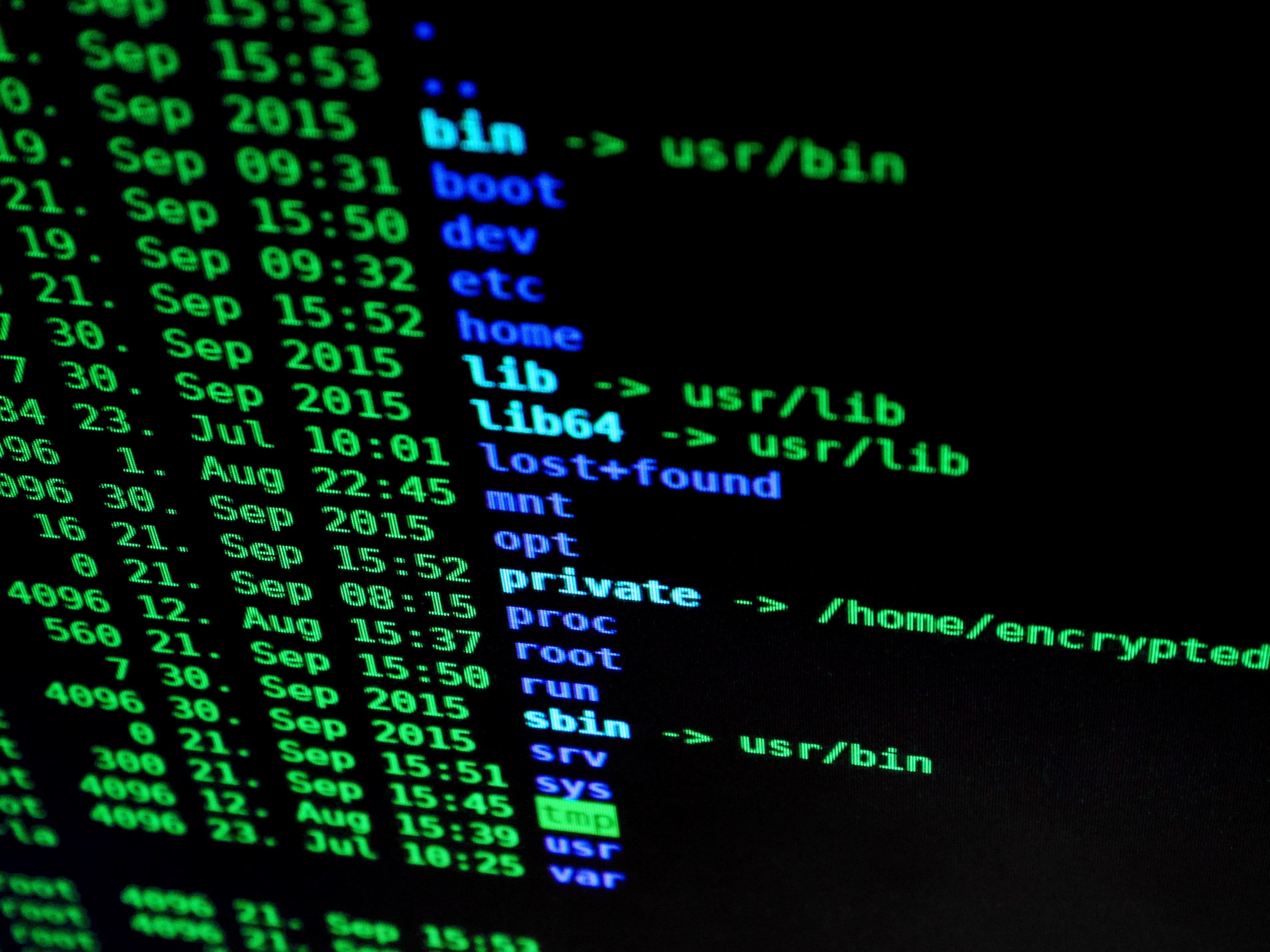The pharmaceutical industry is expected to continue trending in the direction of improved cybersecurity measures. Pharmaceutical companies are increasingly recognizing the need for cyber security and are investing heavily in new technologies, policies, and procedures to ensure their systems are as secure as possible. These investments provide greater protection from threats such as data breaches, ransomware attacks, and other malicious activities that can have devastating consequences on a company's operations. Improved cybersecurity will remain a must for the pharmaceutical industry in order to protect confidential patient information and sensitive research data. Additionally, better cyber security practices will help safeguard against potential sabotage or unauthorized access to critical systems which could lead to dangerous outcomes if left unaddressed. Pharmaceutical companies must stay ahead of the curve when it comes to cybersecurity or face stiff penalties for failing to take appropriate measures. Ultimately, improved cybersecurity should continue to remain an integral part of any successful pharmaceutical industry strategy moving forward.
The pharmaceutical industry is a wellspring of the most delicate information a digital culprit can take. Another report by Reposify shows that 92% of the organizations have had their data sets presented to expected spillage no less than once, while 46% had a Server Message Block (SMB) service. The risk can arise in various sources and structures, from unapproved admittance to outsider merchants to phishing assaults and worker mistakes. The endless presentation of new innovations ensures that pharma organizations will undoubtedly confront security risks.
The year 2023 is going to put significantly more emphasis on cybersecurity. 2021 distributed proposed changes to HIPAA and HITECH that will produce results in 2022, having pharma elements and business partners reevaluating the effect of actually recognizable information inside the associations' legitimate working. For instance, HIPAA-covered elements will be expected to post assessed expense plans on their sites for PHI access and disclosures and give individualized evaluations of the charges for a person with a duplicate of PHI.
Organizations should quickly conform to the test as the circumstance calls for more thorough network safety conventions. Compliance with global network protection norms, like ISO27001, SOC 2, and GDPR, will stay considerably more important in building a reliable standing. Moreover, provincial guidelines, including CCPA, NIS, the Data Protection Adaptation and Implementation Act, and others, will likewise have their impact on framing a safe business climate for pharma organizations and their clients.






